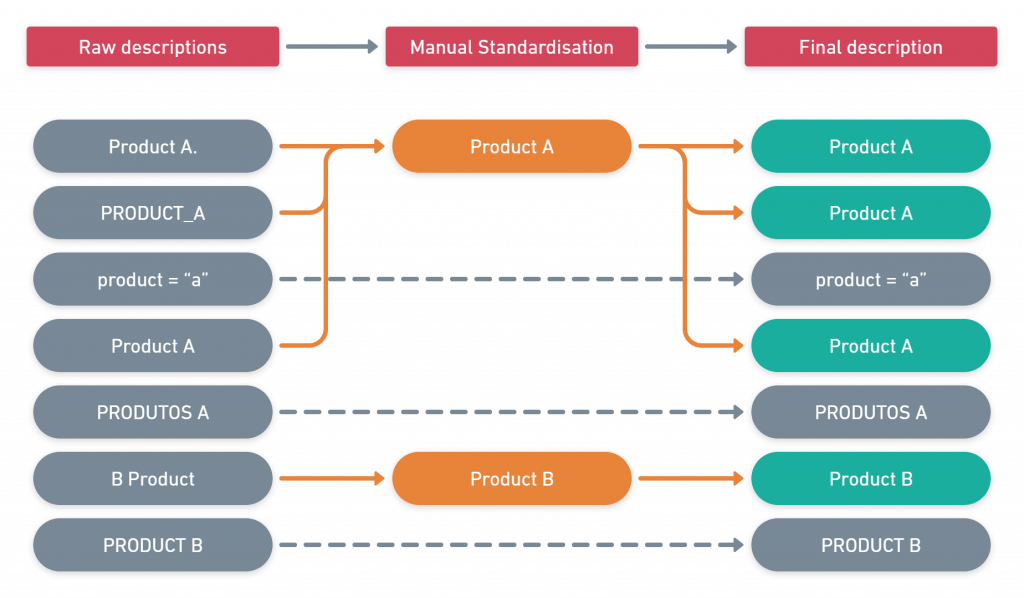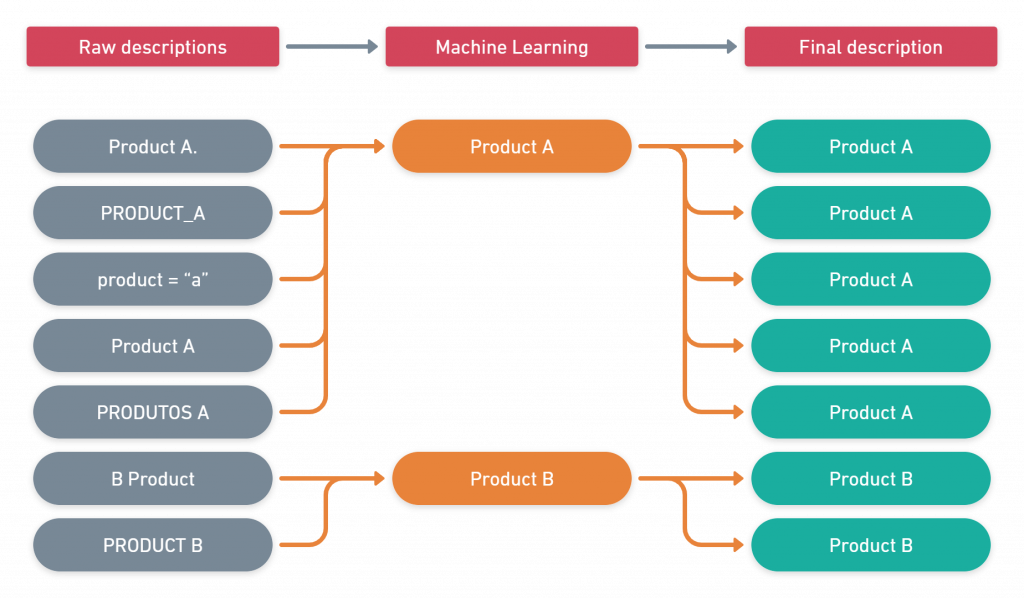Address
268 Bath Road
Slough, SL1 4DX
Phone
+44 (0)1753 708 529

Have you ever wondered how global organisations that operate in over 100 markets manage their product descriptions? Wessex, a data management service provider, faced this exact challenge when they needed to combine data from over 40 different data vendors in different formats. With over 300 databases flowing through their data platform in a given month, the team recognised the need for standardisation to enable easier data analysis and reporting.
Standardising product descriptions manually is not only time and labour-intensive, it is also prone to errors. This led Wessex to develop a Machine Learning solution that would not only be more efficient, but also provide consistent mappings across different datasets, regardless of supplier, country, or product category.

Wessex created their own training data using Active Learning, a process that labelled only the most relevant data points. By doing so, they were able to save a considerable amount of time that would have been spent manually labelling data in a Supervised Learning setting.
Wessex’s team of Data Scientists developed a Machine Learning model that achieved a staggering accuracy of over 99%. The model was deployed into production, enabling the standardisation of the entire dataset and fully integrating the process into the automated data management service provided to the client.
The results were phenomenal. Wessex achieved a 200% increase in the number of product lines standardised versus the manual process, making the combined dataset easier to use for analysis and improving confidence in the data. Additionally, the process was at least 30% faster, allowing the client to receive data even quicker than before.

The benefits did not stop there. Wessex was able to enrich the data even further by creating a hierarchy of product descriptions, providing both the local name and global name of a product, allowing different audiences to view the data as needed.
This Machine Learning solution not only improved data standardisation; it allowed our client to deliver cross-country reporting and analysis significantly quicker than before. This is a shining example of how Machine Learning can drive data quality, reduce cycle time, save money, and streamline complex data management processes.